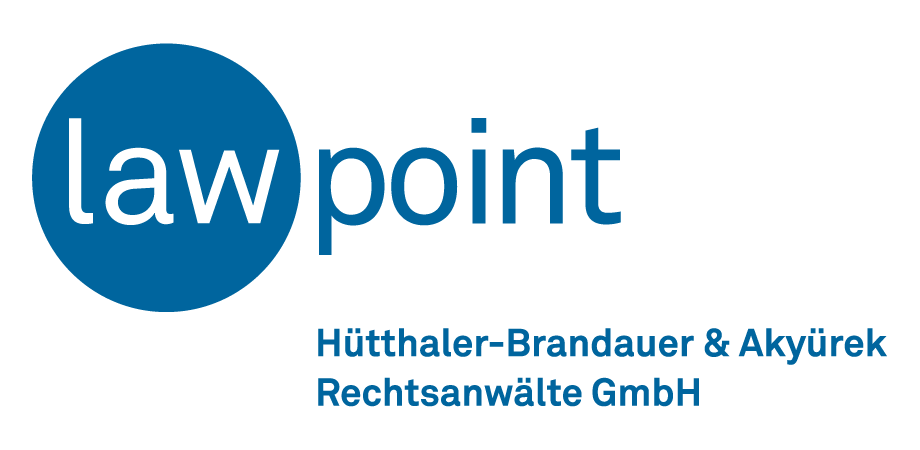First German Higher Regional Court refers the question of the interpretation of medically required nutrient requirements for FSMP to the CJEU
OLG Düsseldorf, 28.06.2021, I-20 U 178/20 - Reference for a preliminary ruling on the interpretation of the medically required nutrient requirement for FSMP.
It was only a matter of time before the question of medically required nutrients within the meaning of the Delegated Regulation on foods for special medical purposes was referred to the CJEU. After three German Higher Regional Courts have, as far as can be seen, opposed the legal opinion of the Federal Court of Justice with a broad understanding of the nutrient requirement for medical reasons, the Düsseldorf Higher Regional Court has now decided to refer the matter to the CJEU.
The question referred deals, on the one hand, with the concept of medically determined nutrient requirements and, on the other hand, with the question of generally recognized scientific data.
The topic is not new in the discussion: the "new legal situation" due to Regulation (EU) 609/2013 and Regulation (EC) 128/2016 has de facto not changed the legal terms. Nevertheless, German authorities, courts, associations and the EU Commission in particular have started to apply a different conceptual understanding of the legal requirements for FSMPs (Foods for Special Medical Purposes). This is justifiably criticized and is difficult to understand, as the legal framework has not actually changed. However, only the ECJ is competent to interpret EU law.
In the past, the BGH has consistently ruled that a medically induced nutrient requirement also exists if the nutrient intake is intended to counteract an illness in another way or if the consumer can derive particular benefits from the controlled intake of certain nutrients ("broad concept of nutrition"). However, several German Higher Regional Courts have recently ruled that a medically induced nutrient deficiency must be compensated for. The "broad concept of nutrition" must therefore be restricted.
Here are the reference questions, which in our opinion are not particularly successful:
The Higher Regional Court of Düsseldorf referred the following questions to the Court of Justice of the European Union concerning the interpretation of Regulation (EU) No 609/2013 of the European Parliament and of the Council of 12 June 2013 on food intended for infants and young children, food for special medical purposes and daily rations for weight control feeding and repealing Council Directive 92/52/EEC, Commission Directives 96/8/EC, 1999/21/EC, 2006/125/EC and 2006/141/EC, Directive 2009/39/EC of the European Parliament and of the Council and Council and Commission Regulations (EC) Nos. 41/2009 and (EC) No 953/2009 of the Council and of the Commission (OJ L 185, 29. 6. 2013, p. 35) (hereinafter: FSG Regulation) and Commission Delegated Regulation (EU) 2016/128 of 25 September 2015 supplementing Regulation (EU) No 609/2013 of the European Parliament and of the Council with regard to the specific compositional and information requirements for foods for special medical purposes (OJ L 2016 No 25, p. 30) (hereinafter: Delegated Regulation) for a preliminary ruling:
1. Under what circumstances does another medical nutrient requirement exist in accordance with Article 2(2)(g) 2nd alternative of the FSG Regulation, namely: does this require - in addition to the restricted or impaired ability to ingest, digest, absorb, metabolize or excrete ordinary foods mentioned in the 1st alternative - that there is an increased nutrient requirement due to illness? In addition to the restricted, impaired or impaired ability to ingest, digest, absorb, metabolize or excrete ordinary foods referred to in the first alternative, does this presuppose that there is an increased need for nutrients due to illness, which is to be covered by the food, or is it sufficient if the patient generally benefits from the intake of this food because substances contained therein counteract the disorder or alleviate its symptoms?
2. In the event that the first question is to be answered in the sense of the latter alternative:
Do "generally accepted scientific data" within the meaning of Article 2(2) of the Delegated Regulation in any event presuppose a randomized, placebo-controlled, double-blind study which, although it does not concern the product in question itself, at least provides starting points for the stated effects?


